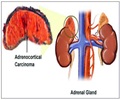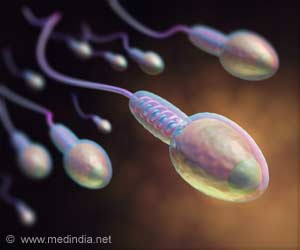Men who suffer from varicoceles has been advised by experts to go for microsurgery which can help boost their testosterone levels.

"Varicoceles are a much more serious problem than previously thought. Low testosterone causes significant health problems in men. Besides causing low energy, decreased muscle strength and sexual problems, it is a major risk factor for osteopenia/osteoporosis and can also cause changes in cognitive and psychological function, in particular, depression," said Dr. Marc Goldstein, who initiated and led the study.
Doctors have suggested that adult men with a varicocele and low testosterone should consider microsurgery sooner rather than later.
Researchers measured the preoperative testosterone levels of 325 men with varicoceles and in 510 men without varicoceles. They found that men at every age with varicoceles had significantly lower testosterone levels (416 vs. 469 ng/dL) than others.
However, after undergoing microsurgical varicocelectomy, testosterone levels significantly increased in 70 pc of the patients, with a mean increase of 178 ng/dL.
"The microsurgery techniques available today (and developed, in large part, at New York-Presbyterian/Weill Cornell) have a very low complication and failure rate compared with the more invasive techniques used in the past.
Advertisement
The study appears in a recent edition of BJU International.












